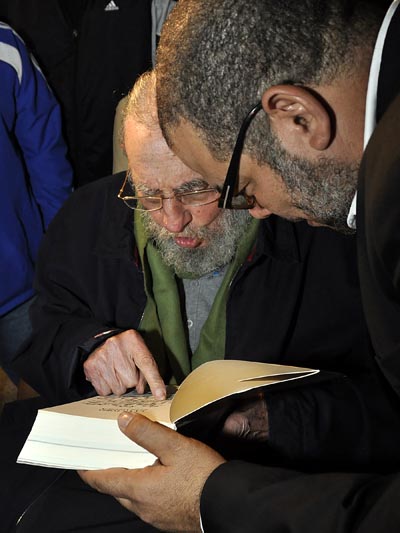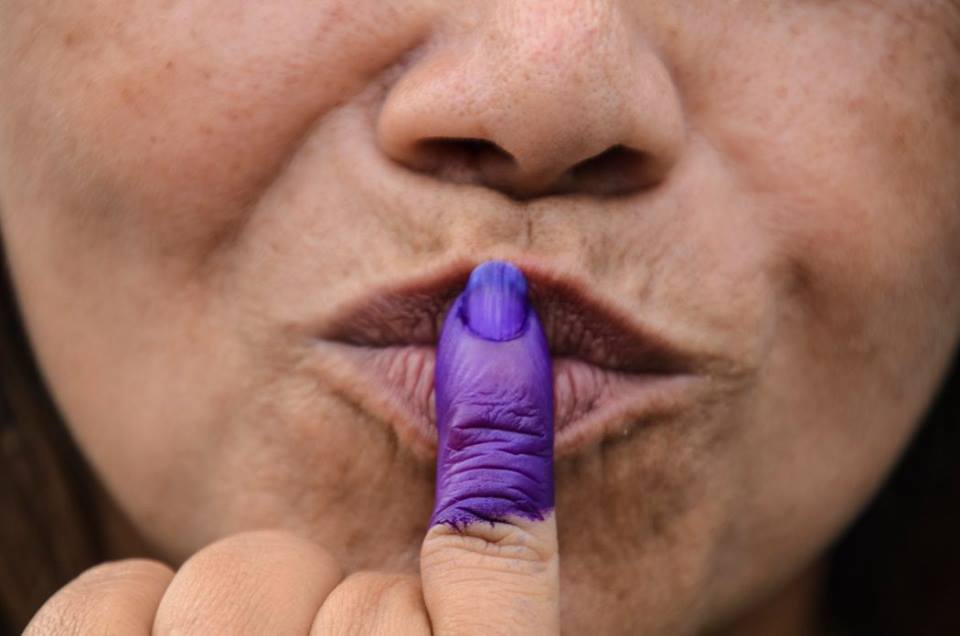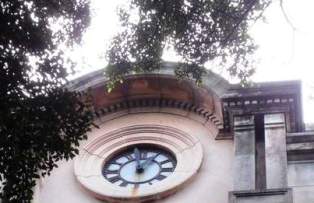His career clearly shows he became a great singing expert. For instance, he traveled to Milan, Italy in 1919, to take voice emission and singing lessons. Then he groomed his gifts with professors of Milan Scala.
He was a great singer of Spanish operettas, such as Eliseo Grenet’s “La Virgen Morena”, (1928); and Ernesto Lecuona’s “El Cafetal”, (1929); both in Regina Theater, Havana.
He also served as lyrical programming manager at “Radio Teatro Ideas Pasos”, in the 1930’s and also in the so-called Bacardi Hour, of CMQ circuit.
It’s odd that Medrano joined Paco Lara in the duet of vernacular comedians “Los Dos Sordos.” The latter was an also an outstanding figure of Cuban culture. Medrano was considered one of the creators of the genre known as radio comedy sketch.
In the 1930’s; he made a surprising decision and gave up singing, to pursue dramatic performance. He was particularly known for his characterization of “Don Hilario” in “Rincon Criollo”, a very popular radio show that earned him great acclaim.
In his repertoire, there were operas of unquestionable value, such as Rigoletto, Aide, La Traviata, Madame Butterfly, Tosca, The Boehme, Cavalleria Rusticana, Clowns, and others.
It’s worth highlighting some of his most important performances. In 1922, he made his debut in Chiarella Theater, Turin, Italy, in “Lucia de Lammermoor.” He also sang at Malibran Theater, in Venice; at Fiorentino Politeama; Comunale, of Bologna; Veeme of Milan, and many others. In 1925, he came back to Cuba and sang as a soloist in Havana National Theater. Then he made a US tour, where he sang in Rochester Music Hall, New York Town Hall and Philadelphia Music Academy.
Upon return to Cuba, in 1926, he was featured by Havana Athenaeum and Pro Musical Art Society.
He sang, acted, directed and produced radio shows. In the 1950’s, when television reached Cuba, he was hired in that powerful media and eventually traveled to Puerto Rico, where he also worked in several specialties.
Emilio Medrano died in in the 1960’s, Puerto Rico, where he had settled with his wife, pianist Blanca Saiz.
Cuba has definitely a lot to contribute in terms of musical culture.
In any corner of our island, you may find past and present remarkable musicians that fill us with pride.
Translated by Pedro A. Fanego




